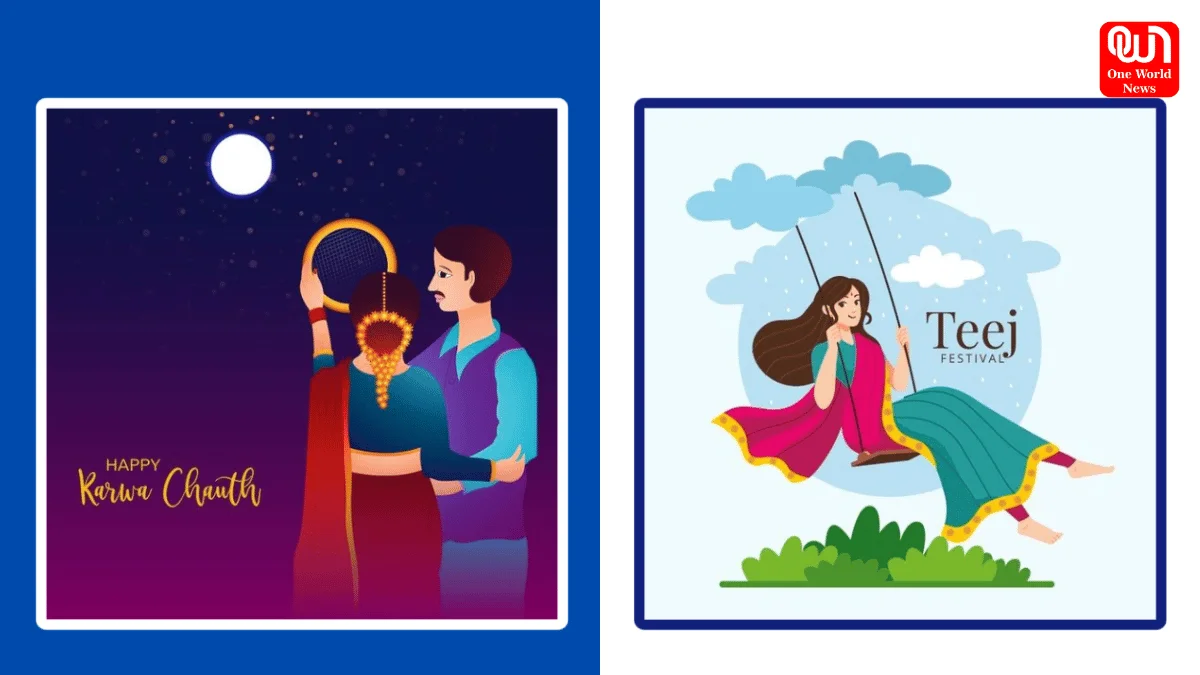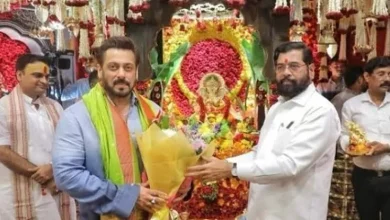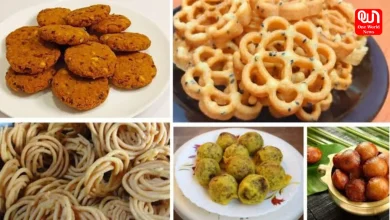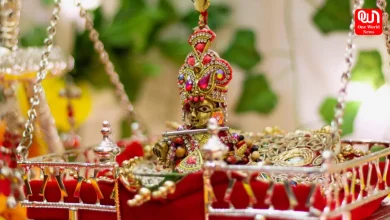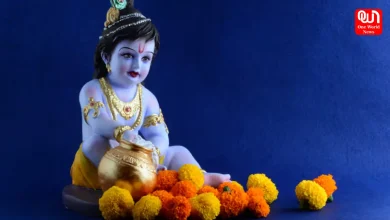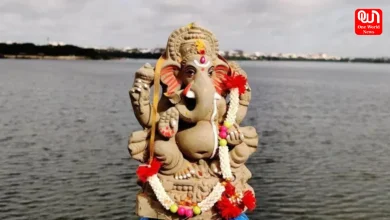Culture & Festivals
Haryali Teej Vs Karwa Chauth: Distinguishing Two Significant Hindu Fasts
Haryali Teej and Karwa Chauth are two prominent Hindu festivals that celebrate the bond of marriage and devotion. While both involve fasting and prayers, they have distinct customs, rituals, and significance.
Haryali Teej Vs Karwa Chauth: Nirjala Vrat – Its Influence on Mental and Physical Well-Being
Haryali Teej and Karwa Chauth are two important festivals observed by Hindu women, primarily in Northern India. Both these festivals involve the practice of fasting, or vrat, but they are distinct in their significance, rituals, and the emotions they evoke among participants. This article delves into the unique aspects of Haryali Teej and Karwa Chauth, exploring their origins, cultural significance, and the rituals associated with each.
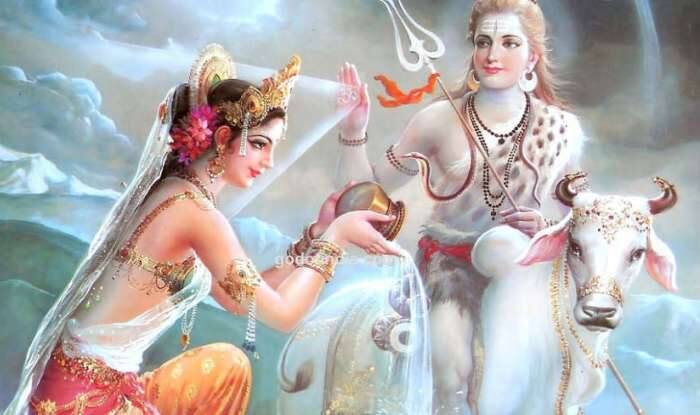
Haryali Teej: Celebrating the Monsoon and Matrimony
Timing and Significance
Haryali Teej, also known simply as Teej, is celebrated during the monsoon season, usually in the month of Shravana (July-August). The festival marks the arrival of the monsoon and is dedicated to the union of Lord Shiva and Goddess Parvati. It is a celebration of nature, fertility, and marital bliss.
Rituals and Customs
The celebrations of Haryali Teej are vibrant and filled with joy. Women dress in green attire, symbolizing the lushness of the season, and adorn themselves with henna, bangles, and jewelry. The day begins with prayers to Goddess Parvati, seeking her blessings for a happy and prosperous married life.
The fasting observed during Haryali Teej is not as stringent as Karwa Chauth. Women usually abstain from food but may drink water. The fast is often broken with traditional sweets like ghewar and malpua. Singing folk songs, dancing, and swinging on decorated swings are integral parts of the celebrations, bringing communities together in a festive spirit.
Karwa Chauth: A Test of Devotion and Endurance
Timing and Significance
Karwa Chauth falls on the fourth day after the full moon in the month of Kartik (October-November). This festival is dedicated to the long life and well-being of husbands, with married women observing a day-long fast from sunrise to moonrise.
Rituals and Customs
Karwa Chauth is known for its rigorous fasting rituals. Women wake up before sunrise to consume a pre-dawn meal called sargi, usually prepared by their mothers-in-law. After this, they abstain from food and water for the entire day. The fast is a testament to their love and devotion towards their husbands.
Throughout the day, women gather to perform the Karwa Chauth puja, where they listen to the legend of Karwa, a devoted wife whose prayers saved her husband’s life. The puja involves offering prayers to Goddess Parvati and the Moon God, seeking their blessings.
The highlight of the day is the evening rituals. Women dress in their finest clothes, often donning bridal attire, and await the moonrise. Once the moon is sighted, they view it through a sieve and then look at their husbands, breaking their fast by drinking water and eating a morsel of food offered by their spouses.
Key Differences
While both Haryali Teej and Karwa Chauth celebrate marital love and devotion, they differ in several aspects:
Season and Timing: Haryali Teej is a monsoon festival, while Karwa Chauth is observed in the autumn.
Cultural Context: Haryali Teej is a celebration of nature and fertility, with rituals that are more relaxed and communal. Karwa Chauth is more solemn, focusing on the wife’s dedication to her husband’s well-being.
Fasting Practices: The fast for Haryali Teej is generally less stringent, allowing water, whereas Karwa Chauth is a nirjala vrat (without water), making it more challenging.
Rituals and Activities: Haryali Teej involves singing, dancing, and swinging, reflecting a more joyous celebration. In contrast, Karwa Chauth centers around the evening puja and the sighting of the moon, symbolizing patience and endurance.
Cultural and Social Impact
Both Haryali Teej and Karwa Chauth play significant roles in strengthening marital bonds and reinforcing cultural traditions. They provide an opportunity for women to come together, share their experiences, and celebrate their roles within the family and community.
In recent times, these festivals have also adapted to modern lifestyles. Many women now balance their traditional observances with contemporary life, finding new ways to uphold these customs while maintaining their personal and professional commitments.
Haryali Teej vs Karwa Chauth: Nirjala Vrat – Its Influence on Mental and Physical Well-Being
Both Haryali Teej and Karwa Chauth are significant Hindu festivals celebrated by married women, often marked by the observance of a nirjala vrat (a fast without water). While these fasts are undertaken with devotion and the intent to ensure the well-being of husbands, it’s essential to understand their impact on women’s mental and physical health.
Physical Well-Being:
Nirjala vrat can be taxing on the body, especially during hot weather. The lack of water can lead to dehydration, fatigue, and dizziness. It’s crucial for women observing these fasts to prepare by hydrating well the day before and resting as much as possible during the fast.
Mental Well-Being:
The mental strength required to complete a nirjala vrat can be significant. For many, the fast fosters a sense of spiritual fulfillment and cultural connection, which can boost mental well-being. However, it can also cause stress and anxiety, particularly if the faster is not in good health or feels societal pressure to participate.
Balancing Tradition and Health:
While these fasts are deeply rooted in tradition, it’s important to prioritize health. Consulting a healthcare provider before undertaking such fasts can help mitigate risks. Modern adaptations, like consuming water or light foods, can help maintain the essence of the tradition while safeguarding health.
Understanding the influence of nirjala vrat on both mental and physical well-being allows for a balanced approach, honoring tradition while ensuring the health and safety of the participants.
We’re now on WhatsApp. Click to join
Like this post?
Register at One World News to never miss out on videos, celeb interviews, and best reads.

